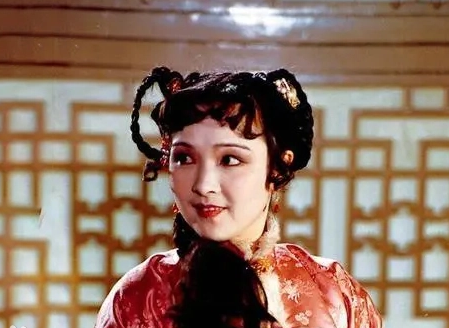In the long history of China, Zhu Yuanzhang, the founding emperor of the Ming Dynasty, is known for his iron-fisted rule and strict discipline. Among them, the Hu Weiyong case is one of the most famous political events in the early Ming Dynasty, and also an important example of Zhu Yuanzhang's severe crackdown on contributors. This article will analyze in detail the contributors killed by Zhu Yuanzhang in the Hu Weiyong case and the political motives behind it.

I. The Cause of the Hu Weiyong Case
The Hu Weiyong case occurred during the Hongwu period of the Ming Dynasty, and the cause was Zhu Yuanzhang's suspicion that Prime Minister Hu Weiyong was plotting a rebellion. Hu Weiyong was an important official under Zhu Yuanzhang, who had served as the Left Prime Minister, but was later accused of conspiring with foreign enemies and plotting treason. Zhu Yuanzhang took this opportunity to conduct a thorough purge of Hu Weiyong and his forces.
II. The Involved Contributors
In the Hu Weiyong case, Zhu Yuanzhang not only executed Hu Weiyong himself, but also severely cracked down on other contributors related to Hu Weiyong. These included generals and officials who had made great contributions to the Ming Dynasty, such as Li Shanchang and Liu Bowen. These contributors were accused of collaborating with Hu Weiyong or indulging in his behavior, and therefore suffered severe punishment from Zhu Yuanzhang.
III. Political Motives
Zhu Yuanzhang's severe crackdown on Hu Weiyong and the involved contributors was mainly motivated by the following political reasons:
1. Consolidating the imperial power: By cracking down on Hu Weiyong and his forces, Zhu Yuanzhang weakened the power of other contributors, thereby strengthening his own status and authority as emperor.
2. Preventing external threats: Zhu Yuanzhang believed that the rebellion of Hu Weiyong and others could lead to political unrest in the country, and therefore they must be eliminated to ensure national security and stability.
3. Enforcing strict discipline: Zhu Yuanzhang always emphasized the importance of strict discipline, and he believed that the behavior of Hu Weiyong and others violated the law, which must be severely punished to maintain the rule of law.
IV. Historical Evaluation
Although the Hu Weiyong case ensured political stability in the early Ming Dynasty to some extent, it also had some negative impacts. Firstly, the case involved a wide range of people, many of whom were innocent, leading to social unrest. Secondly, Zhu Yuanzhang's severe crackdown on contributors made the court's officials afraid to speak frankly, affecting government decision-making and operations.
Conclusion
The Hu Weiyong case was a politically significant event in the early Ming Dynasty. It not only revealed Zhu Yuanzhang's severe crackdown on contributors, but also reflected his political strategies of consolidating imperial power, preventing external threats, and enforcing strict discipline. However, this event also brought certain negative impacts to the Ming Dynasty, deserving our deep reflection and consideration.
Disclaimer: The above content is sourced from the internet and the copyright belongs to the original author. If there is any infringement of your original copyright, please inform us and we will delete the relevant content as soon as possible.
































